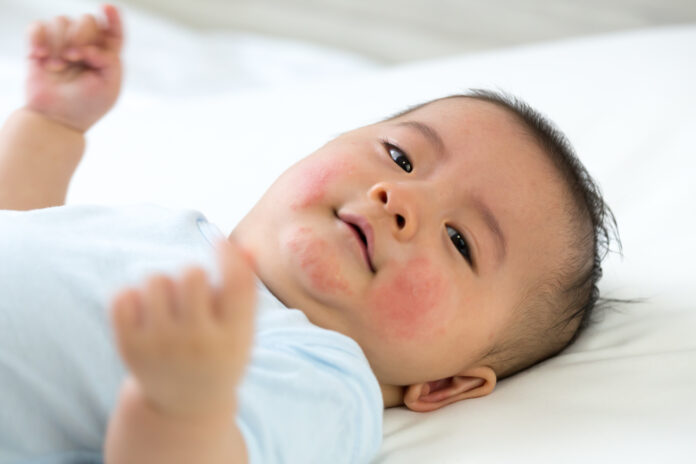
Genomics England has published an initial list of over 200 rare conditions that will be screened as a part of its new Generation Study, a program aimed at understanding whether sequencing babies’ genomes through newborn screening can help discover and treat rare genetic conditions earlier. The study will analyze the DNA of over 100,000 babies and will begin in NHS hospitals before the end of the year.
It is estimated that the study will identify suspected diagnoses for 500–1,000 out of the babies who take part, providing them with earlier access to testing and treatment.
“Investing in cutting edge research such as this will ensure the NHS continues to remain at the forefront of research to improve care for patients—especially children who are living with treatable rare conditions,” said Will Quince, U.K. Minister for Health and Secondary Care.
To arrive at this list, Genomics England reviewed over 900 genes and associated conditions. The initial list of 223 individual conditions linked to 500 different genes was decided in collaboration with NHS and other experts. The published list only includes conditions that usually appear in the first five years of life and could be improved if caught early by a treatment or intervention available through NHS England.
One condition included on the list is Severe Combined Immunodeficiency (SCID). About 14 babies a year are born with SCID and without treatment, they usually die before they are a year old. In babies with this condition, the immune system does not work properly, so infections can be dangerous and even life-threatening. If the condition is diagnosed earlier, babies can be protected from catching infections and receive a bone marrow transplant which may “cure” them by replacing their faulty immune system with a healthy one.
Another condition on the list is biotinidase deficiency. Babies with biotinidase deficiency are unable to recycle biotin—a vitamin that is important for growth and development. Without treatment, children can have delayed development, seizures and problems with hearing and vision. It can be treated with a simple biotin supplement and when started early, most babies will not get any symptoms.
The initial list may be subject to further change during the study with conditions being added or removed in response to emerging research and evidence. Any changes made will be highlighted in an amended published list.
The current NHS newborn blood spot test carried out as part of newborn screening is used to detect nine rare and serious health conditions in babies, including sickle cell disease and cystic fibrosis. But thousands of children are born in the U.K. every year with other treatable rare conditions that could be detected using genome sequencing. For many of these illnesses, early and effective intervention could help these children live healthier lives.
“The list of 200 conditions is a starting point and the team will work closely with rare condition communities and organizations to continually review and assess knowledge and research to ensure equitable access to supported treatment pathways in the NHS, and improved outcomes for babies born with rare conditions,” said Rebecca Middleton, Vice Chair for Rare Conditions of the Participant Panel.











